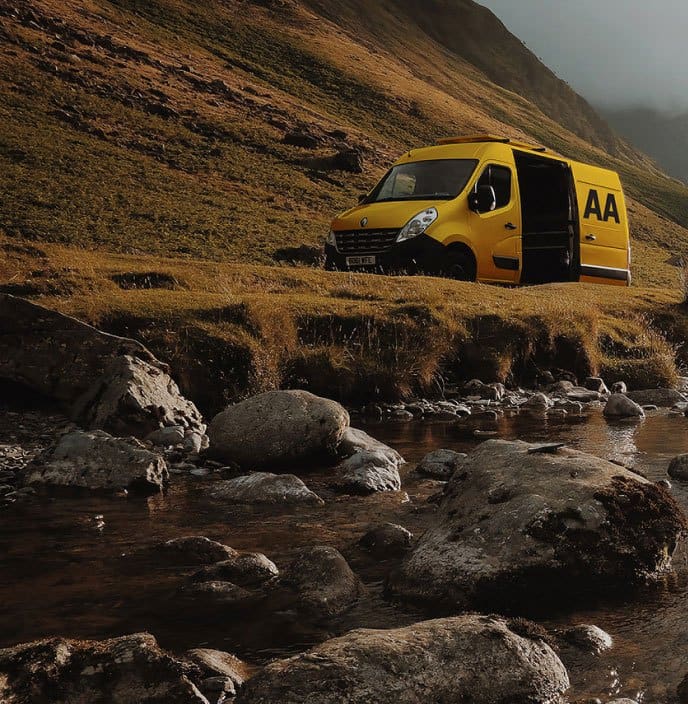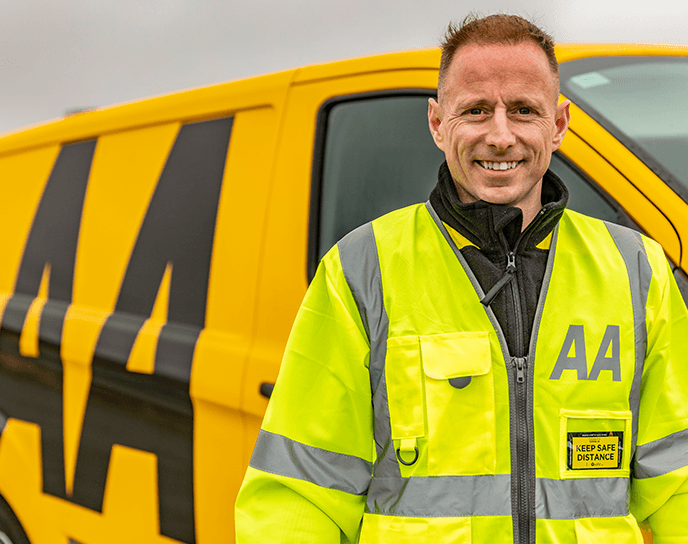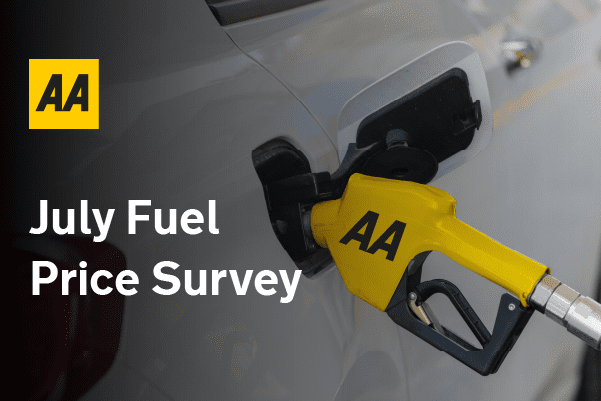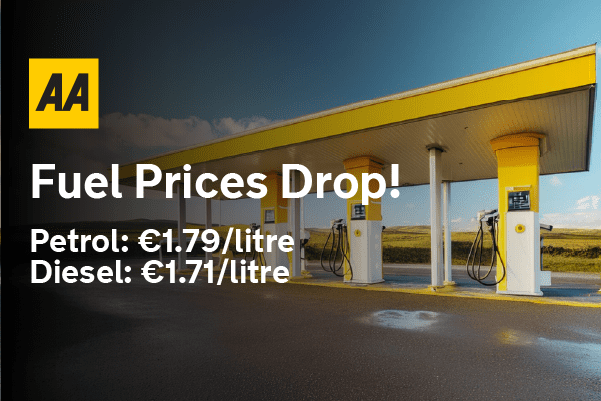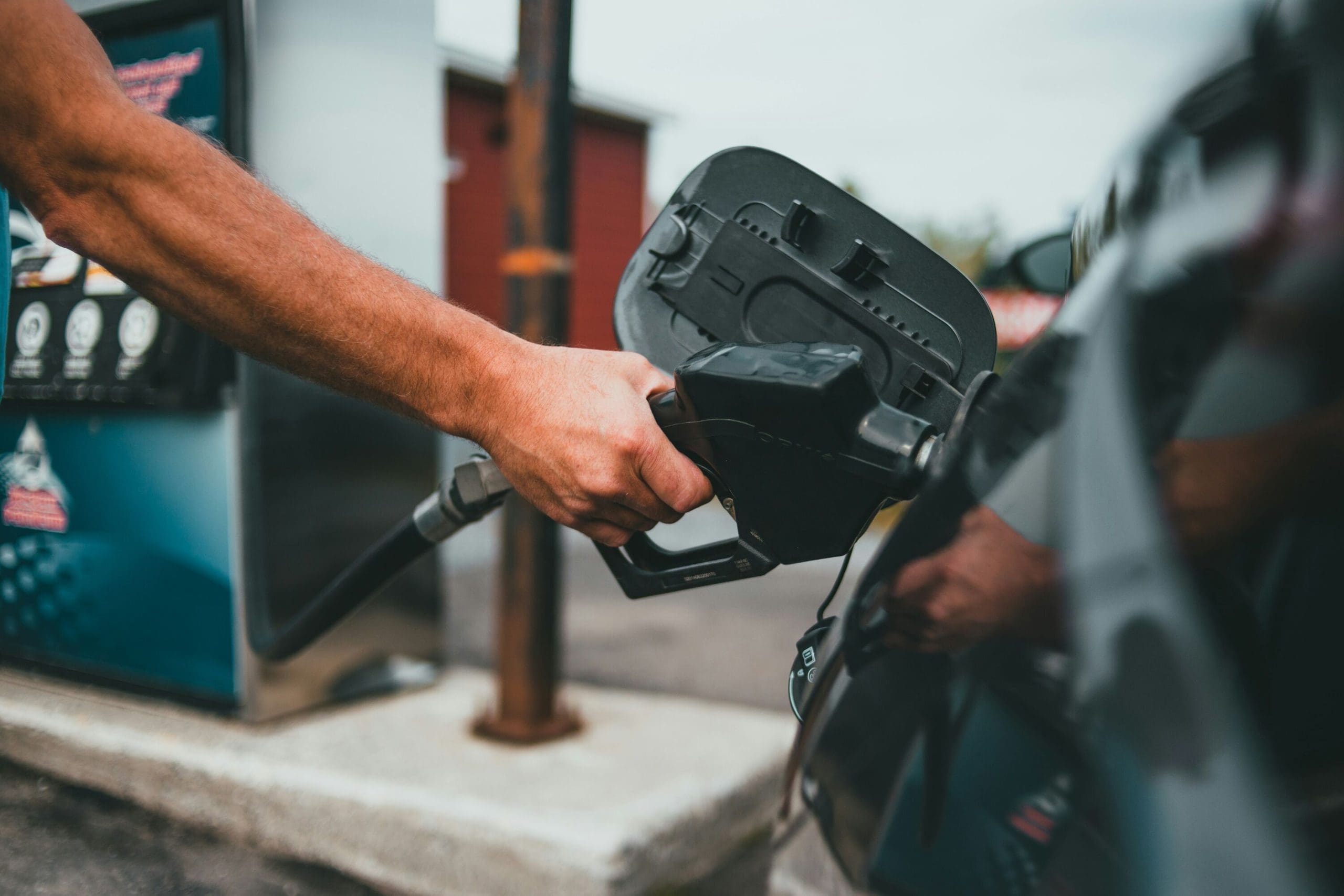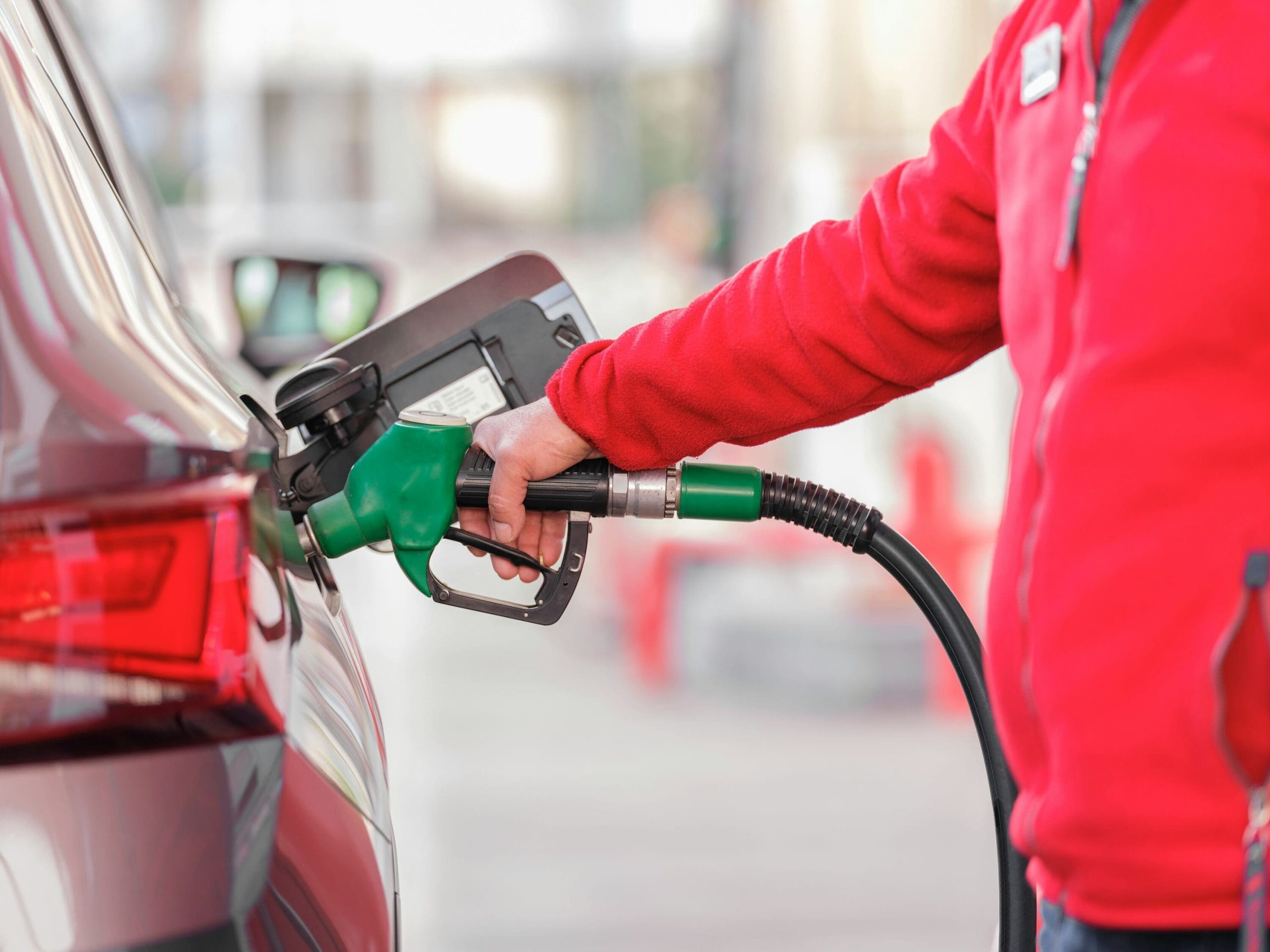The average price of petrol has finally fallen this month by 1.7c to 132.7c per litre according to the latest fuel price survey from the AA. Diesel prices also declined slightly by 1.5c a litre in the last month to an average of 124.0c. This is the first month since October of last year that prices have actually fallen.
“It is a relief, but only a slight one.” Says Director of Policy Conor Faughnan. “Petrol is still up over 10 cents per litre and diesel 9 cents per litre in the last six months. With insurance prices rising as well, the cost of motoring is up substantially in 2010.”
The price of a barrel of oil remains fairly static in recent weeks costing approximately $72.21in June. Oil prices had dropped significantly by $10 last month, but the Euro also weakened against the US dollar which cancelled the effect somewhat. The net effect is the modest reduction that Irish motorists are seeing at the pumps.
Fluctuating oil prices have always been among one of the complex factors affecting fuel prices, but this drop shows it is by no means the only factor. Ireland has witnessed significant tax hikes in the last year. Fuel taxes consist of excise duty, an oil reserves levy, the new carbon tax and VAT. A tax-free litre of petrol or diesel would only cost 56 or 58 cents.
The AA survey found variations in petrol prices of up to 14% across the country from 122.9c per litre to 139.9c. Diesel fluctuated by 7.5% from 119.9c to 128.9c. The AA is reiterating its advice to motorists to shop around for fuel. Saving even 5 cents per litre will mean keeping an extra €7.50 in your pocket every month (a car that does 19,200 kms or 12,000 miles per year at a fuel economy rate of 30 miles per gallon will use 150 litres of fuel per month).
The AA’s Fuel Saving Tips For Summer 2010
- Buy fuel in units of litres, not euros. This makes it obvious where you get the best value
- Shop around: don’t always use the same garage out of habit
- Drive smoothly and slowly; a harsh driving style burns more fuel
- Load luggage on your roof rack as low as possible and wrap the luggage tightly in plastic sheeting or consider using a roof box to reduce the effect on fuel economy. If you are staying in the same place, it is worth removing the roof rack/box before driving to beaches and tourist attractions – but make sure you don’t lose any of the bits.
- Try your air vents first before opening windows: you may find that the airflow is enough to keep two people comfortable in the front of the car, particularly on a motorway. Air conditioners can add up to 10% to fuel usage.
- Don’t use the air conditioning all the time: once the air conditioning has cooled the inside of the car, you may be able to turn it down or off. Don’t start the air conditioning if doors or windows are open.
- If you are carrying extra passengers or heavy luggage, pump up the tyres to compensate for the extra weight. The car’s handbook gives advice on this.
- If you park in the sun, using a windscreen shade and opening up the car as soon as you get back to it will help to cool the interior. Opening windows while you drive out of a car park may lower the inside temperature several degrees before you start the air conditioning.
The AA offer comprehensive motor insurance policies which includes lifetime NCD protection for fire, theft, and glass claims. Visit the our website .
Full details of the AA fuel price survey for May along with previous months for comparison, can be found on the Association’s website.
See www.aaireland.ie/petrolprices which includes European price comparisons


